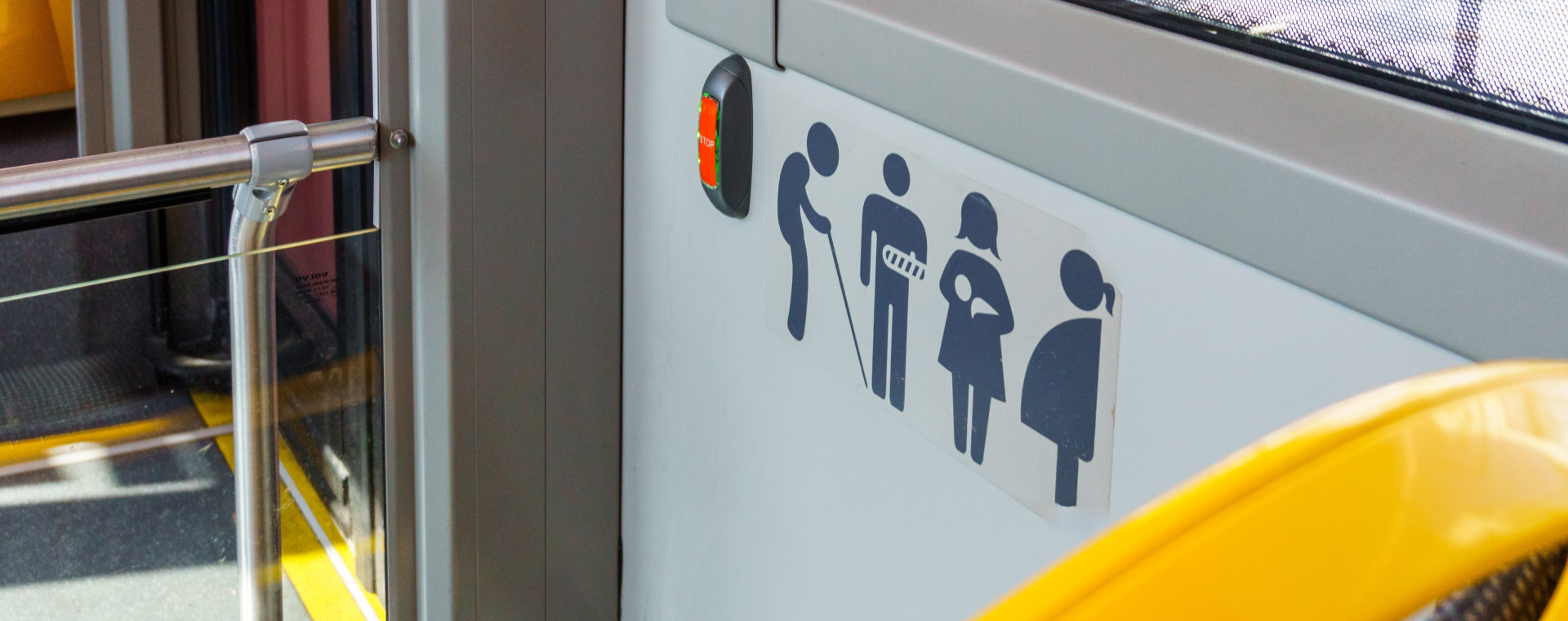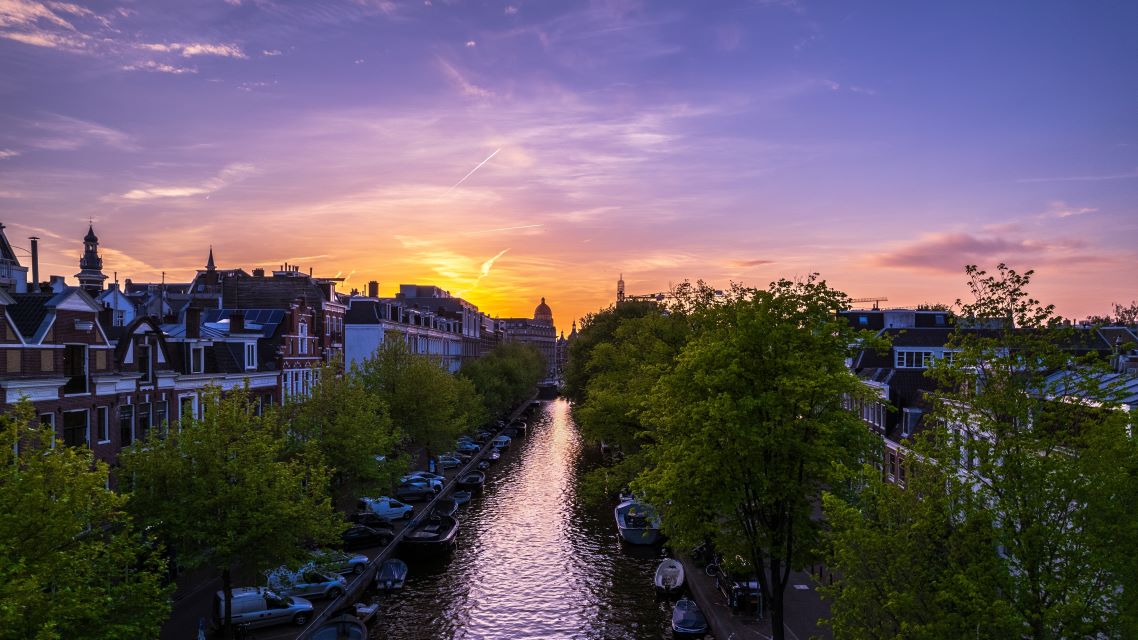Interview
Access
Will tomorrow’s mobility be inclusive and fair?
-
Dominique Riquet
Former member of the European Parliament

Dominique Riquet: In this interview, the former MEP sketches out an inclusive mobility for the future.
Inclusive mobility is about the inclusion of both people and their activities, which is the purpose of transport. Otherwise, why move at all?
In my opinion, the worst thing that can happen to a society or an individual is to be condemned to immobility. Transport is life and the life of individuals. As such, there will be no social inclusion, no ability to socially appease societies, if there is no ability to bring everyone to inclusive mobility.
There's a long way to go between different countries. There are also many social differences. It's interesting to see that our ability to be mobile is directly correlated to our socio-economic status. The better your status, the more you'll travel: by plane and in many other ways. This applies just as much to professional activity as to leisure activities, family relationships or friendships.
-
 Interview
Social Cohesion
Interview
Social Cohesion
How can we tackle mobility poverty?
Sébastien Bailleul, Director of Institutional and European Relations at Wimoov
-
 Interview
Decarbonization
Interview
Decarbonization
How can we catalyze the shift to sustainable urban mobility?
Tim Asperges, Expert Advisor on Mobility for the city of Leuven
-
 Interview
Access
Interview
Access
How can we ensure inclusivity in green transition policies?
Colin Scicluna, Head of Cabinet for the Vice-President of the European Commission for Democracy and Demography
-
 Interview
Climate
Interview
Climate
Democracy, mobility and climate change: what’s next?
Democracy, mobility and climate change: what's next? Ulrike Guerot answers this question for The Mobility Sphere.
-
 Interview
Decarbonization
Interview
Decarbonization
What measures can we take to ensure that all individuals are included in the energy transition?
Jilian Van Der Gaag, Senior Policy Advisor at the Municipality of Amsterdam.


